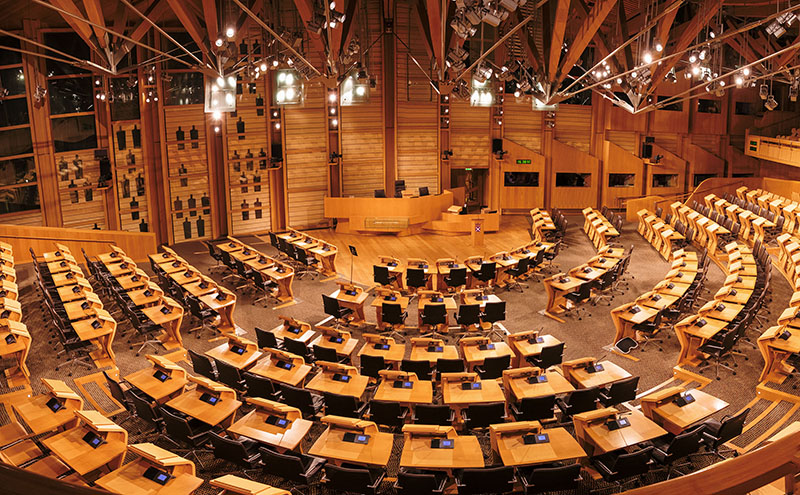Some sources of alcohol are beyond minimum unit pricing’s reach

WHEN minimum unit pricing (MUP) comes into effect on May 1, how exactly will it operate – and where are the gaps?
The obligation to comply with the new regime falls exclusively on the holders of premises licences and occasional licences to which a ‘mandatory condition’ will be attached; and breach of the condition could result in prosecution.
But, of course, a significant source of alcohol is beyond the reach of MUP: the internet.
Where alcohol is sold by a retailer in, say, England and despatched from south of the border, pricing will be wholly unaffected (while the Westminster government is under increasing pressure to replicate the Scottish legislation, the chances of that happening in the foreseeable future – if at all – are close to zero).
At the moment, while purchasing alcohol online opens up a far greater choice than in-store shopping, the vast majority of websites specialise in wine and cost savings are unlikely to be the principal attraction.
With a floor price of around £4.79 for a typical bottle of wine, MUP’s impact in this area will be minimal. But the shape of internet retailing may be about to change.
Earlier this month, one Scottish store chain was offering 24 cans of Foster’s lager (440ml, 4% ABV) for £9.00. With MUP in force, the floor price would be £17.60. That’s assuming the minimum unit price is set at 50p; at 60p the figure jumps to £21.12.
So, it may be reasonable to expect significant growth in this area of e-commerce.
And it’s not in the least fanciful to suppose that licensed shops just south of the border can expect a major booze cruise boost.
Transport costs might be a disincentive for legitimate purchasers, but the scope for bootlegging was signposted way back in 2010 when the SNP administration was struggling to push the Minimum Pricing Act over the finishing line.
John Drummond, then chief executive at the Scottish Grocers Federation, told the parliament’s Finance Committee that, from the central belt, “it only takes a couple of hours to get down to Carlisle on the M74… people can load up with cheap vodka and other cheap products and sell them in various places where illegal sales take place around the country”.
Then, staying on this side of the border, there are various categories of premises which are exempt from the requirement to hold a licence.
Trade-only warehouses selling alcohol to customers for the purposes of their businesses are a primary example. But the law in this area is complicated and these operators – most of whom do, in fact, hold licences – will require to consider their membership schemes and procedures very carefully.
And airside sales of alcohol at designated airports (Aberdeen, Edinburgh, Glasgow International, Glasgow Prestwick, Inverness and Sumburgh) are also outwith the scope of licensing. Incidentally, that dispensation might well be removed before long.
According to data released by the Civil Aviation Authority, in 2016 there were 418 serious cases of UK flights being disrupted by alcohol-related incidents: the Westminster government is looking to introduce controls for airside alcohol sales and, according to one report, the Scottish Government is being urged by the Home Office to take similar action.
Finally, vessels: anything designed to float on water is treated as ‘premises’ falling within the scope of licensing.
But there are carve outs for vessels while they’re engaged on international or ferry journeys – and no licence is required for a vessel with 50 or fewer people on board when it’s not moored or berthed in any place. While minimum pricing will not apply in these cases, I suppose it would be fanciful to imagine that we might see a return to the days when those in search of a refreshment on Sundays took to the waters in chartered steamers which were outwith licensing controls… a practice which is probably the origin of the phrase ‘steamboats’.
[box style=”0″]

Jack Cummins is one of Scotland’s leading licensing lawyers. Every month he writes on licensing law and answers readers’ questions in SLTN.
Do you have a legal question for Jack Cummins?
Email sltn@peeblesmedia.com or write to Legal Clinic; freepost PEEBLES MEDIA GROUP
Jack Cummins is unable to enter into personal correspondence on readers’ questions. The advice offered in SLTN is published for information only. No responsibility for loss occasioned by persons acting or refraining from action as a result of material contained in SLTN can be accepted by the author or publisher.
[/box]























